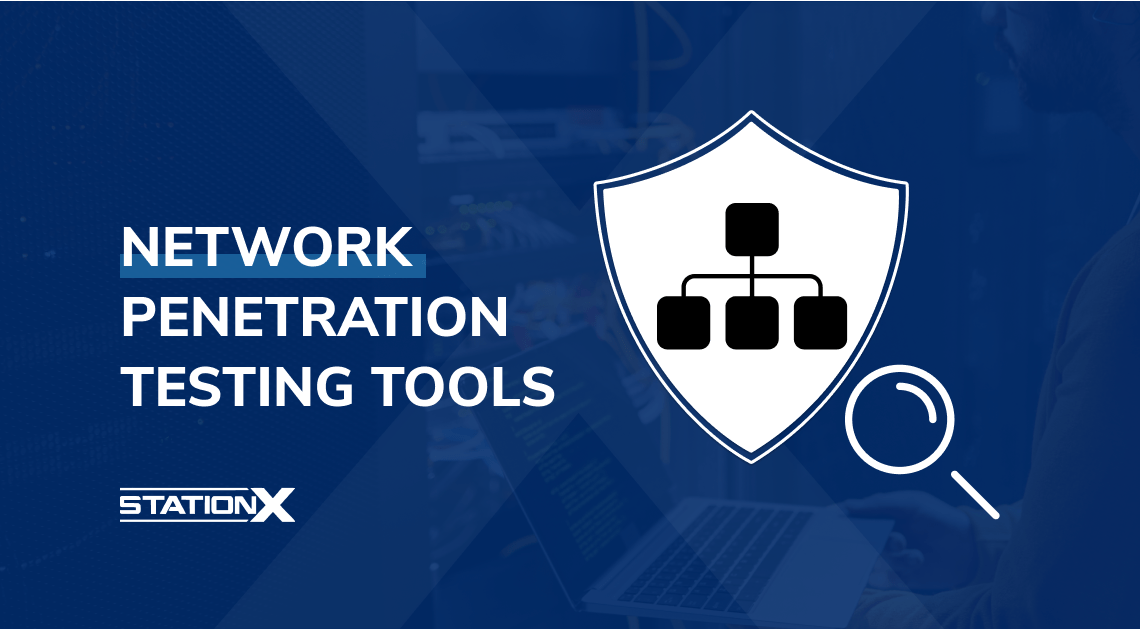5 Most Mistakes Small Businesses Make During Their Data Protection
In this era where technological advancements have taken businesses to another level, data protection is inevitable when beginning any business or startup. However, despite multiple efforts companies make for business data protection, businesses still fall prey to security breaches and other pitfalls that put their business’ sensitive information in a risky state.
What is an Effective Data Protection Strategy?
Data protection means saving you from data loss, damage, data breach and protection. For an every, irrespective of whatever niche or domain it might be operating in.
Any deviations or carelessness in business data protection can bring organizations to their knees regarding finances, reputation, customer information, customer trust, and compliance issues.
This article will discuss 5 common mistakes businesses make when protecting their data. The following are the most common mistakes businesses make to protect data of their business and customers:
1. Inadequate Cybersecurity Training
Businesses often underestimate the importance of cybersecurity training for their employees. They tend to assume that employees are well aware of the concurrent cybersecurity threats, or to manage all sorts of security incidents; as a result, when they encounter any uncertain situation that might be a threat to their business data protection, they fail to handle it smoothly.
Inadequate cybersecurity threats have led to multiple problems that small business startups encounter. One of the most common examples of this is phishing emails.
To overcome this, businesses must focus on scheduling employee training sessions. This will enhance their knowledge and build a sense of protection within employees to keep data.
2. Ineffective Backup Strategies
Primary and secondary data protection or, in general, business data protection, should be the top priority of any business. Ineffective data storage and protection can put your business in deep waters. Hence, businesses should develop an effective and actionable data protection backup strategy.
Another common mistake businesses tend to make is ineffective and unactionable backup strategies. Without a solid and actionable business data backup strategy, a business is always at risk of losing its data. Losing customer data will negatively impact the business, leading to bad word of mouth.
3. Overlooking Personal Data Security Software Updates
Businesses overlooking software updates are vulnerable to security threats and exploits. Regular software updates in operating systems and applications result in the smooth functioning of the software; however, failure to update software or delay it can be a pre-defined cause for data breaches, ransom attacks, and compliance issues.
Timely software updates are an evitable aspect of business data protection. Great businesses flourish smoothly not only by conducting timely software updates but also by auditing those software updates to ensure compliance.
4. Fragile Password Policies
Weak passwords are one of the most underrated mistakes businesses tend to make when protecting their business data. Using mainstream or simple passwords such as “12345” or “your name” can highly increase the chances of security breaches.
Apart from strong passwords, multiple-factor or two-factor authentication is ideal for business data protection.
5. Inappropriate Access Control
Trusting employees too much regarding business data and data protection can get businesses in trouble. A business should have set standards and access control regulations to maintain compliance and protect its business data. Nevertheless, access control management is an important aspect of a cybersecurity system.
Businesses should only give secure data access to those employees who they think would need it and would also protect it. In addition to this, all employees having access to sensitive data can lead to intentional misuse of highly confidential user’s personal information.
Access controls should be monitored weekly, bimonthly, and monthly to ensure safe and effective use of data. In addition, the business must also set up a regulatory/compliance department to ensure that each employee who is a part of the business complies with the rules and regulations. This will not only aid in the smooth functioning of the business but will also have a strict check and balance on employees.
Conclusion
Conclusively, data security is an important aspect of any organization, whether a startup, a small-scale organization, or a large-scale business. Customer confidentiality builds customer trust in your business and also generates customer value in the long run.
Suppose a business wants to be successful in the long run. In that case, it should avoid the mistakes mentioned above and build an effective business data protection system, including efficient employee training, a smart accessibility control and management system, backing up data to recover in case of any cyber security threat, and updating software timely.




